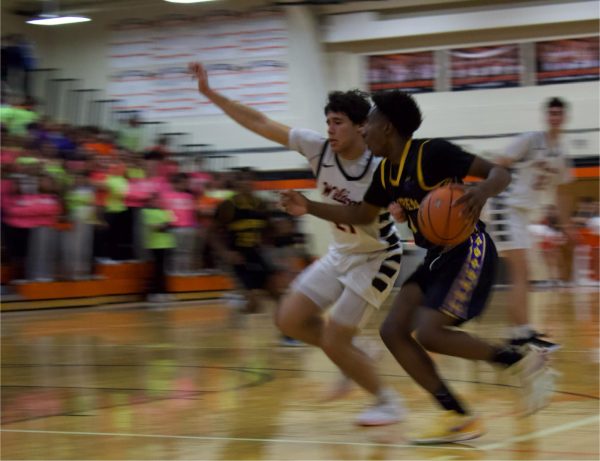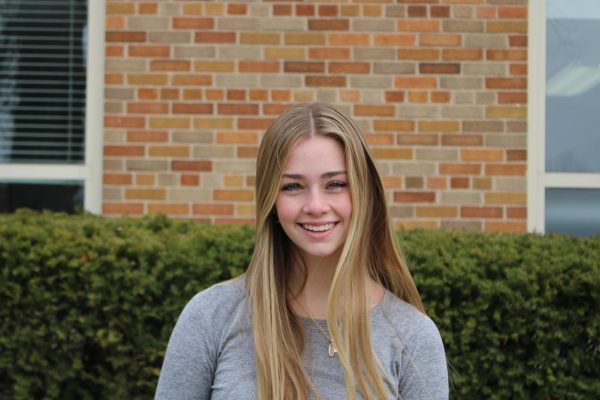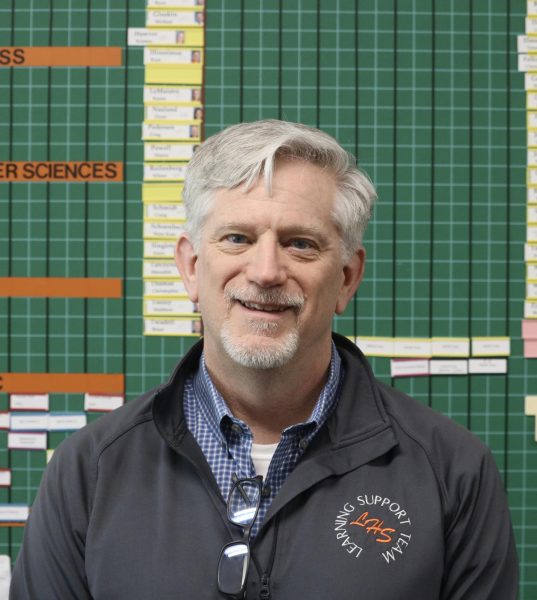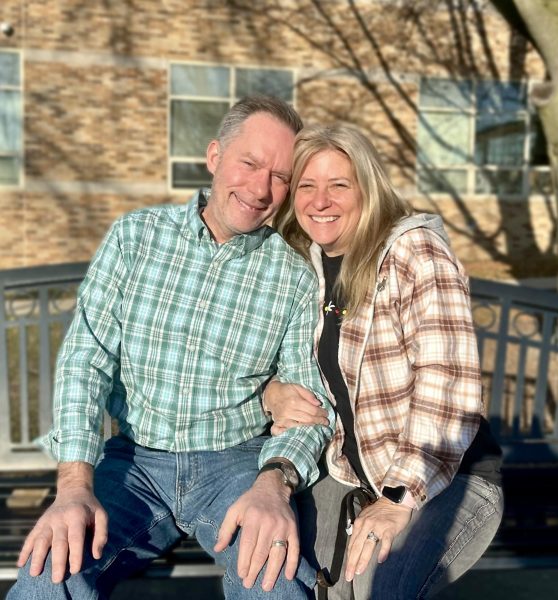Going Global
A group of 24 LHS students, led by M. Guiard, travelled to France where they spent the majority of the trip learning about the culture and mastering the language. They stayed with local families and were immersed in the french culture
You’ve just arrived in a new country. This is a completely new experience for you, and you can’t wait to start exploring. The only problem: you don’t speak the native language; this makes you nervous. How will you communicate with the locals? What will the locals think of you? How will you manage to get around this new place?
There is a way to avoid facing this problem in the future. The answer: learn a foreign language. Taking a language in either high school, college or even through private lessons online or with a tutor, can help you when traveling to another country or when encountering a visitor from another country who travels here.
Benefits of Learning a Language
Judith Kroll, a professor of psychology at Penn State University, reports that learning one or more languages “can build better brains.” She stated that “recent research indicates that bilingual speakers can outperform monolinguals (people who speak only one language) in certain mental abilities, such as editing out irrelevant information and focusing on important information.” This means that biligulists are “better at prioritizing tasks and working on multiple projects at one time.”
The reason behind bilinguals having better mental processing capabilities stems from the fact that their brains are able to differentiate between two different languages at once.
Another advantage of being bilingual is that it helps people age slower than most others. Dr. Thomas Bak, a professor at the University of Edinburgh in Scotland, found that bilinguals have more cognitive abilities, or brain-based skills, which in turn allow their brains to function longer and therefore lengthen their lives.
Mr. Guiard, a French teacher, also explained certain benefits of learning another language. He stated that learning another language can “help you connect with people [in] a more personal way.” He even mentioned that when people — students, colleagues, friends — speak in French with him, it makes him feel good. He enjoys how people are making an attempt to make him more comfortable, and he appreciates the effort people put into those conversations.
Mr. Guiard also said that when learning to speak another language, one also learns about the culture. Each country has a culture of its own, and their language is an important part of it. Learning about a whole new culture “opens one’s horizons,” Mr. Guiard said, and allows them to see that their culture is not the only one out there.
This allows for another benefit of learning a new language. A study conducted by Concordia University shows that bilinguals are typically more open-minded than others. According to the study, being open-minded means that someone is less likely to be biased towards specific viewpoints, and they can more accurately weigh different opinions to form one of their own.
Studying Abroad
Something that is also worth noting is that when students take a language, in high school or in college, they have the chance to travel to a country that speaks the language they are studying for a study abroad program.
Ben Leonard, a senior, took part in the German exchange program this past summer. During his stay in Germany, he attended 15 to 20 days of school. He would attend most of his classes with the other Amercian exchange students, but every other day, he was able to attend classes with his host brother. He even had the opportunity to help teach their English classes.
One of Leonard’s most vivid memories of his time in Germany happened after his host family picked him up from the airport; they took him to meet their grandparents, who lived nearby. According to Leonard, his host brother’s grandparents both had bright blue eyes, as did his host mother. When he tried to tell them that their eyes were alike, he said “‘your eggs are alike,’ but I meant to say ‘your eyes are alike.’” Their response was to laugh, and then politely correct him.
Leonard expressed that the people he met in Germany were some of the nicest people he has ever met, and he can’t wait for the chance to go back.
Leonard hopes to minor in German, “if my schedule allows it,” and he believes that learning German, or any language, is not only beneficial, but also an extremely fun experience.
Rachel Bond, also a senior, is currently taking AP Spanish. Bond said she decided to take Spanish because “I knew it would help me later in life,” and when her mom mentioned that so many people in America speak Spanish, Bond thought it would be really awesome if she could communicate with them.
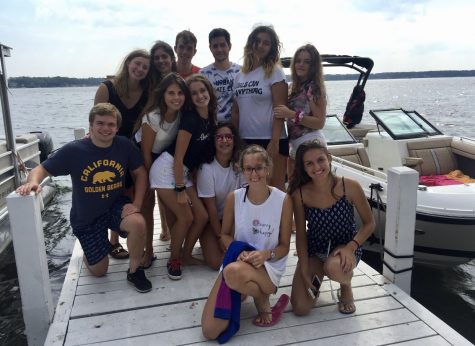
Bond added that she wants to be a doctor, and she “wouldn’t only be serving English-speaking people. I would be serving Spanish-speaking people, so I thought [knowing Spanish would] be really valuable.”
Bond was one of the students on the school’s trip to Spain two summers ago. She said that one of her favorite places they got to visit was Bilbao, which is situated in the Basque Country in Northern Spain. According to Bond, in addition to speaking Spanish, the citizens of Bilbao also speak the language of Basque. This is interesting to Bond because Basque “is not traced to any other language in the world,” and only about 660,000 people speak the language globally.
Bond has also traveled to the Dominican Republic through the school. Even though this trip was sponsored by the science department, she was still able to use her knowledge of the Spanish language while on the trip. This trip was a service trip, which led to Bond mostly working with and around kids who didn’t speak English, “which I thought was so cool because they didn’t really speak any English, so I had to trust my Spanish skills to talk.”



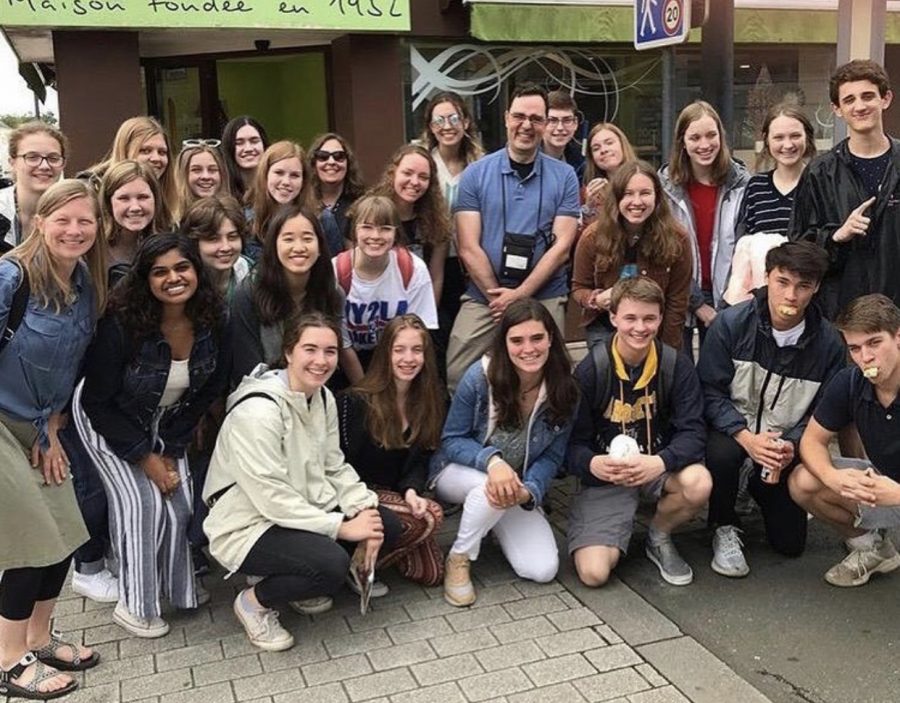
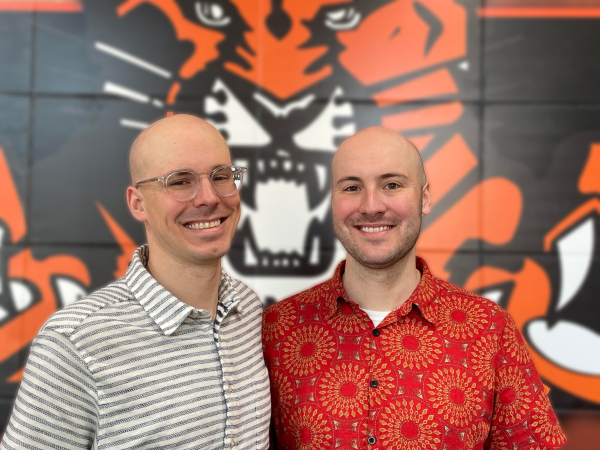
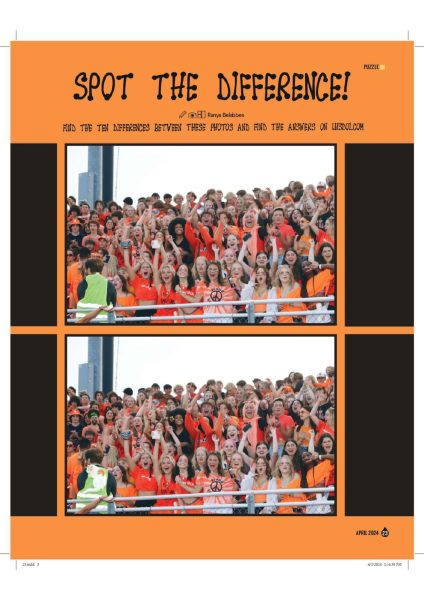
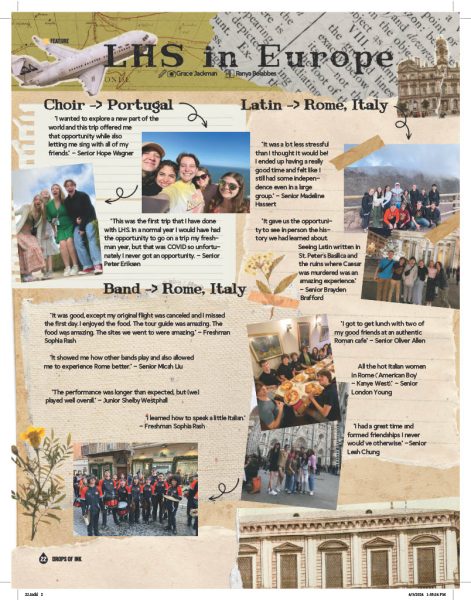

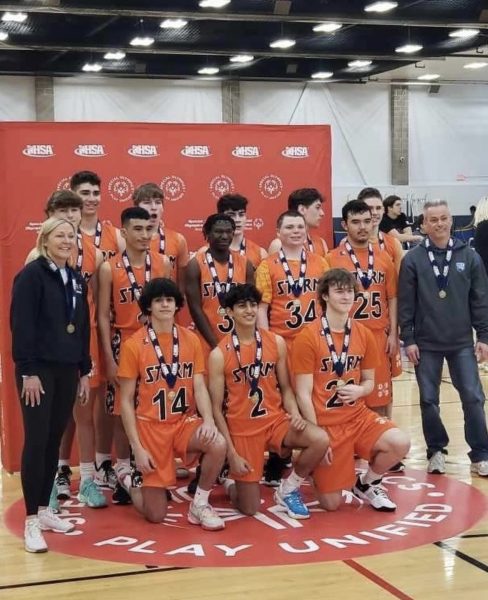

![For the final piece, a combination of Symphony Orchestra and Wind Ensemble played an extravagant song by Paul Hindemist. Flute soloist Dakota Olson had her moment highlighted within this song. “[My solo] was definitely challenging but it was fun too,” Olson said.](https://www.lhsdoi.com/wp-content/uploads/2024/03/amy-and-joey-shot-600x400.jpg)

